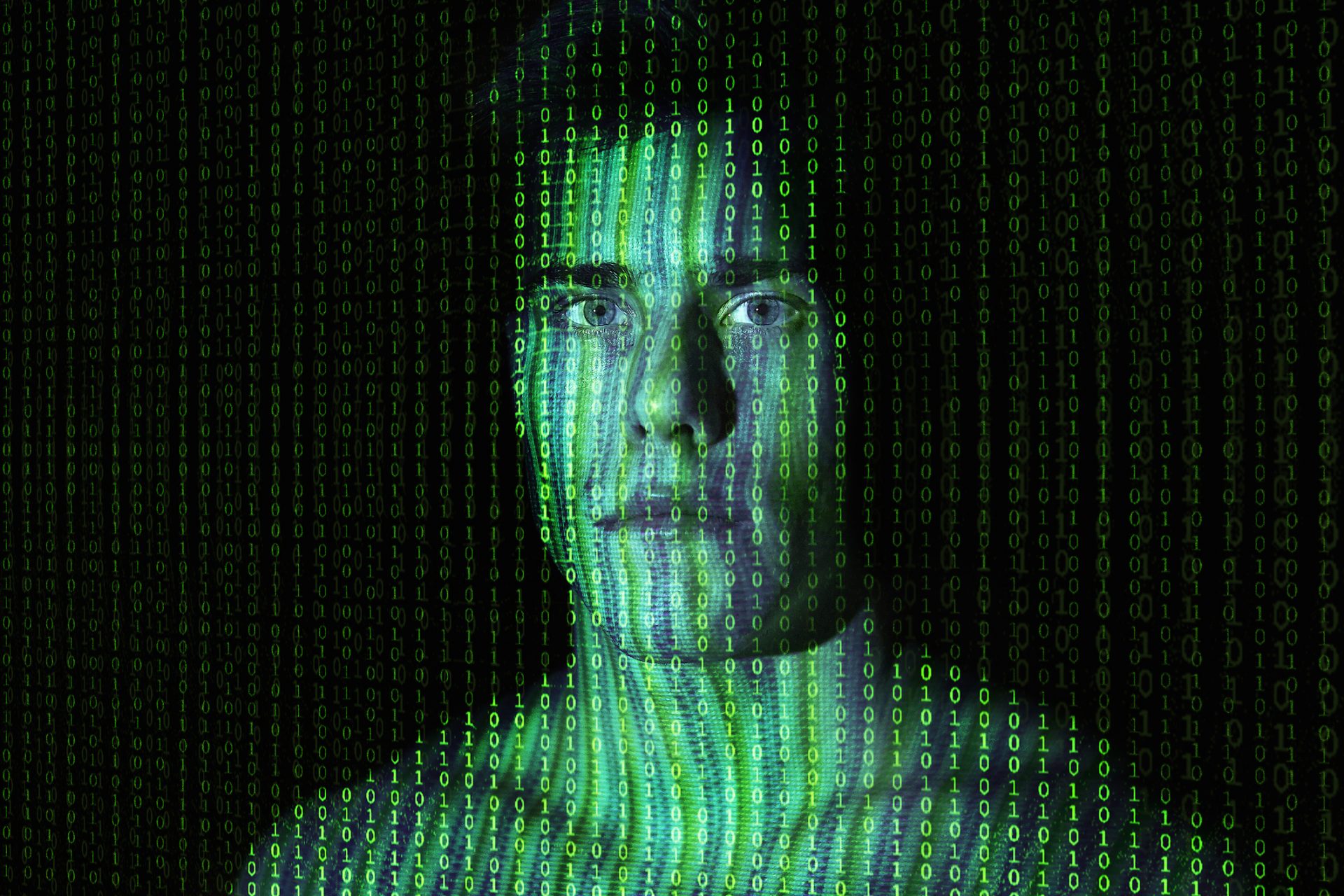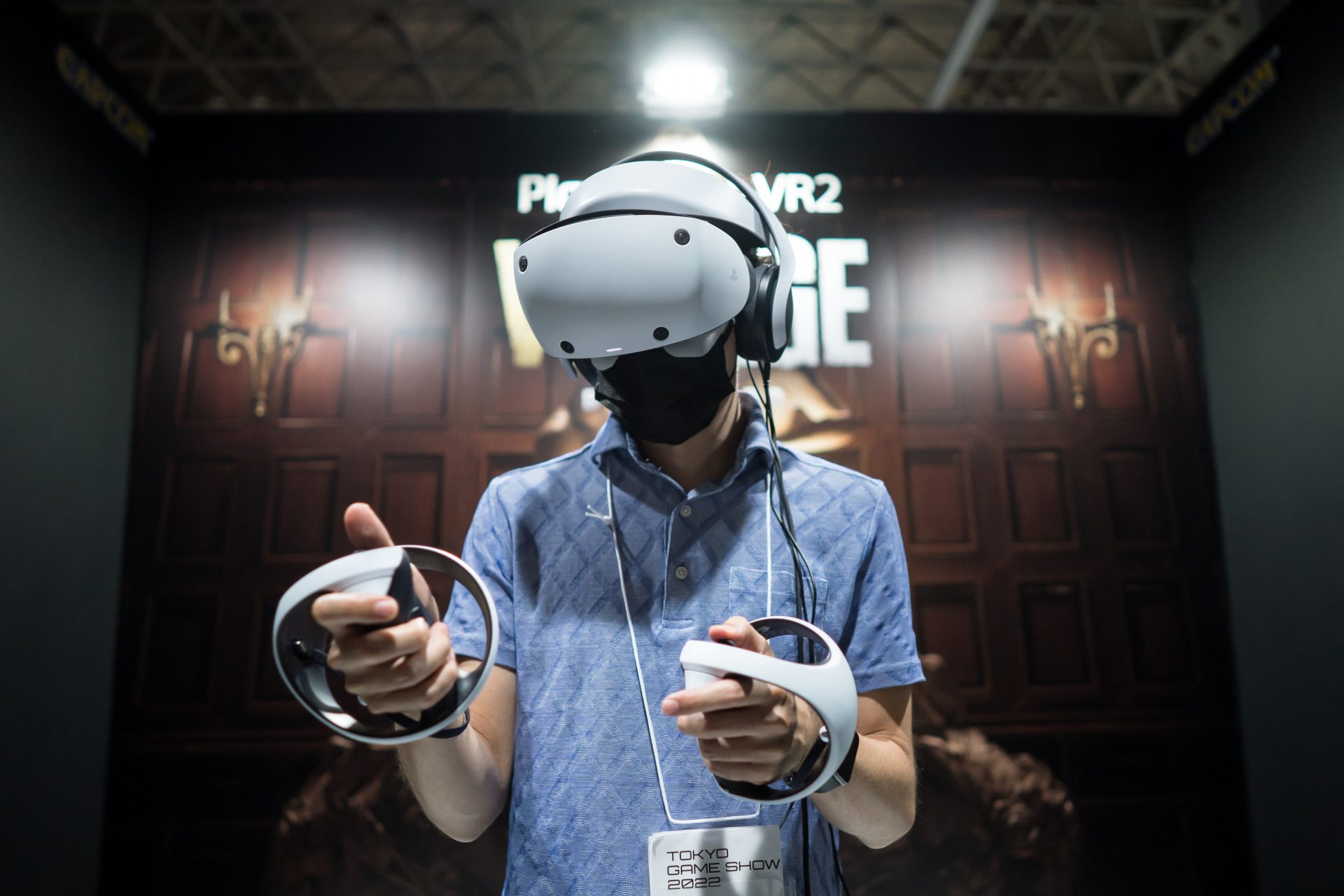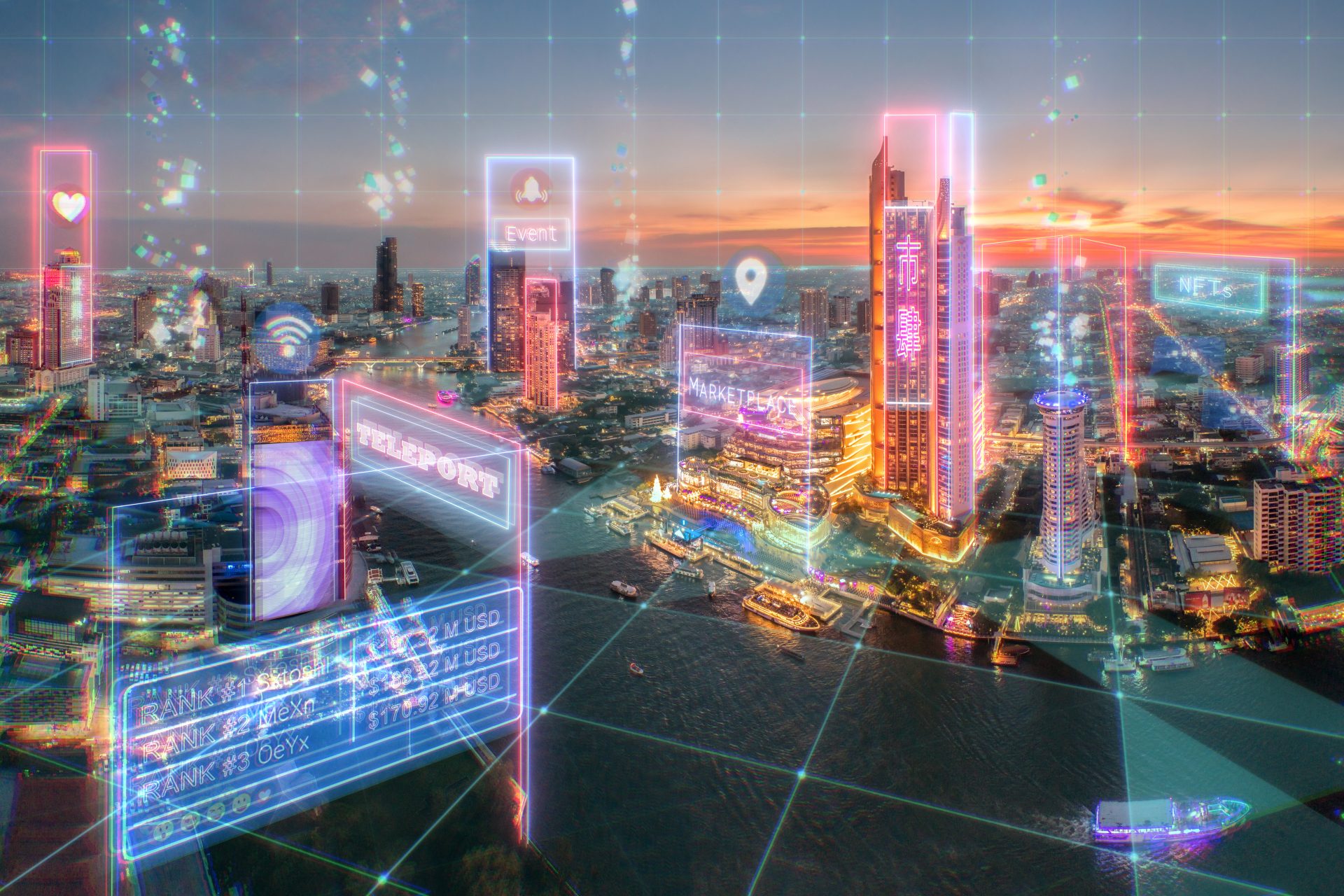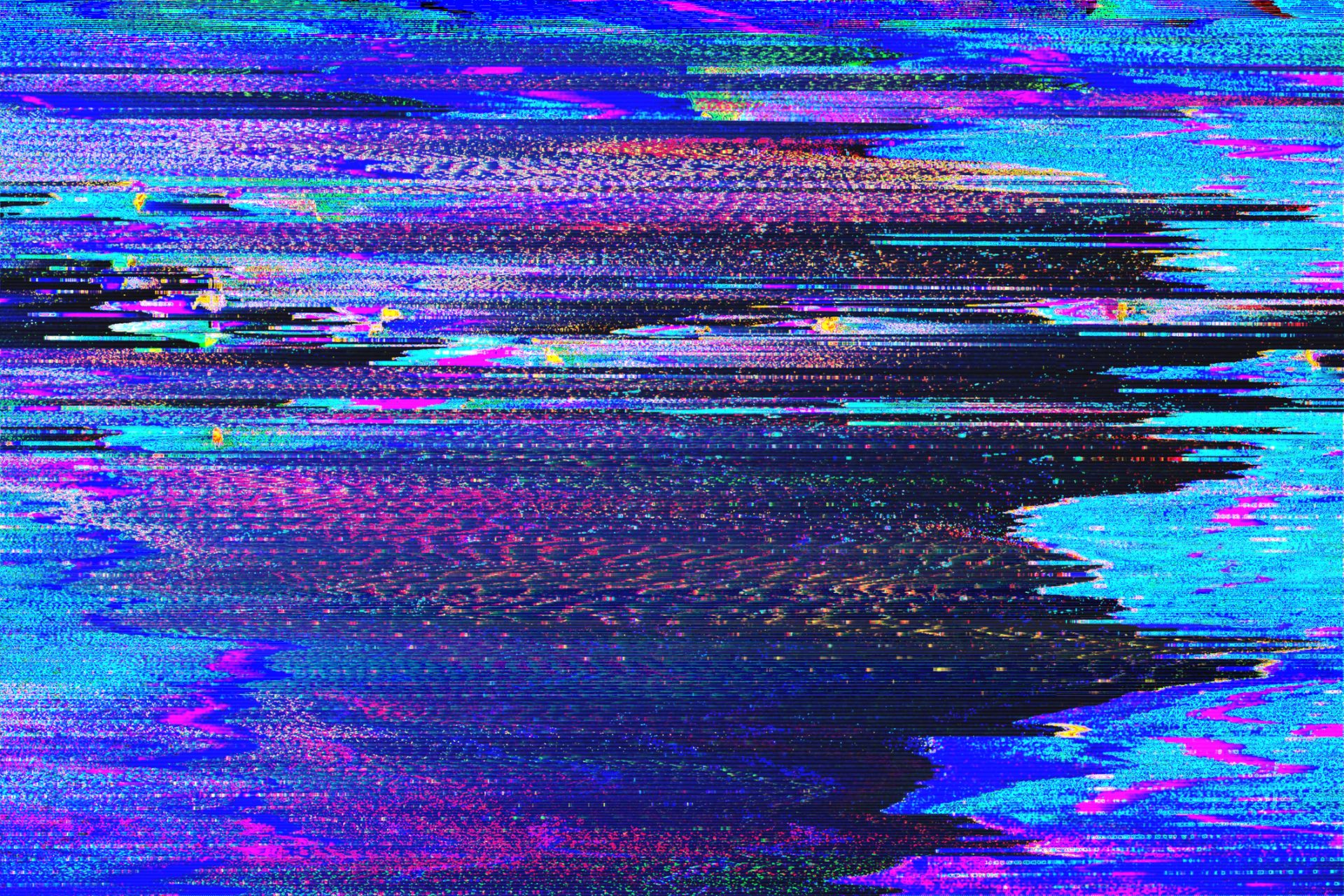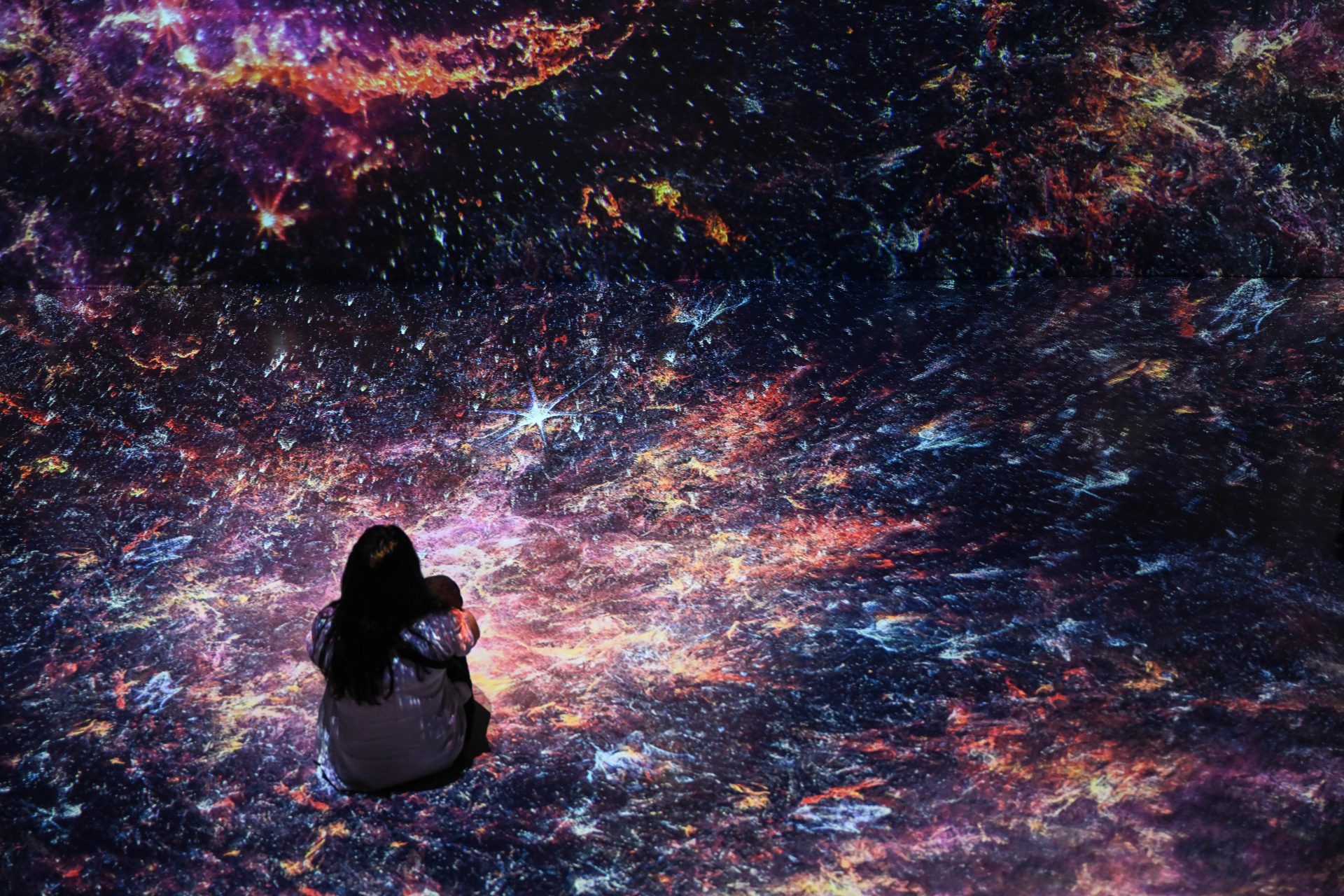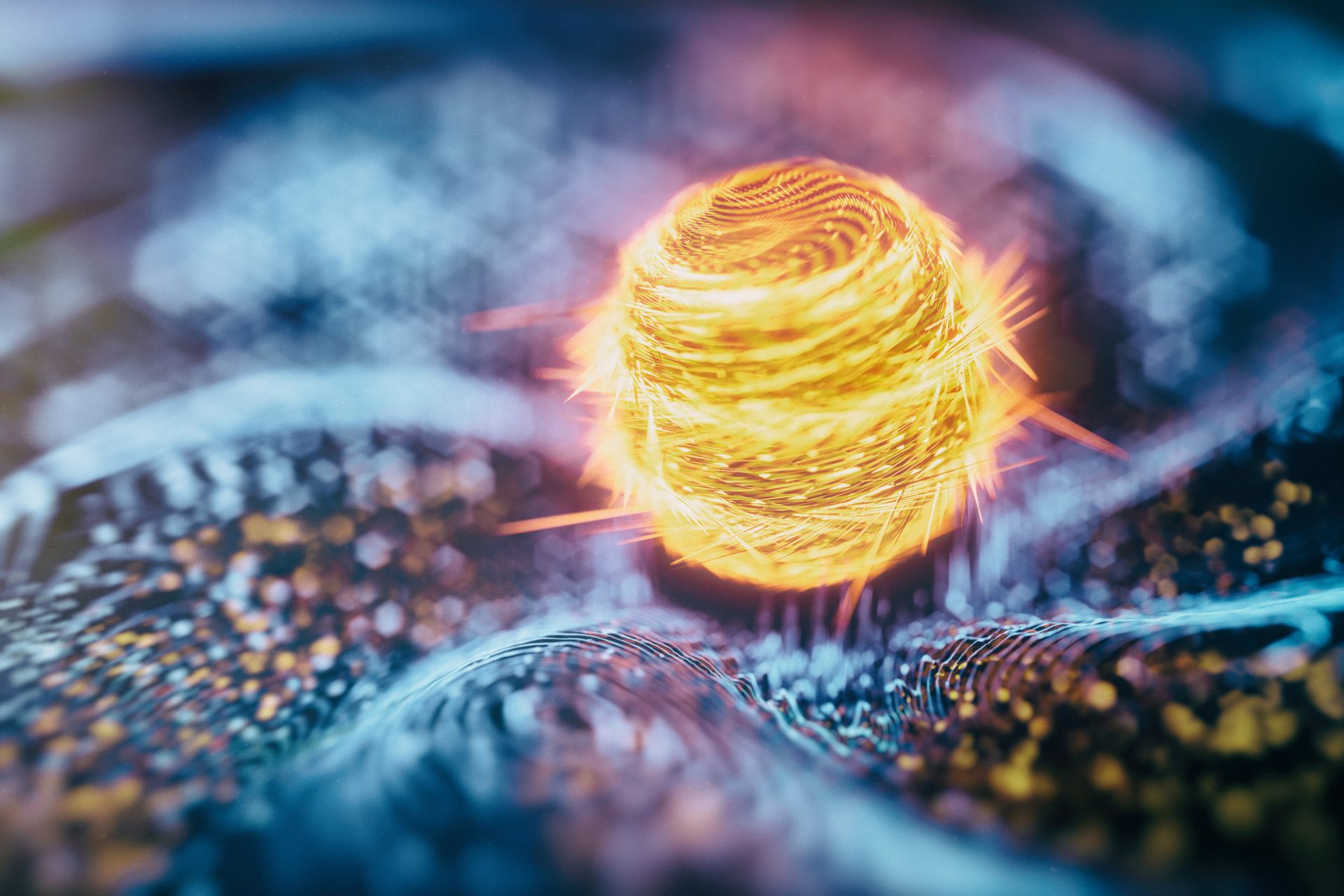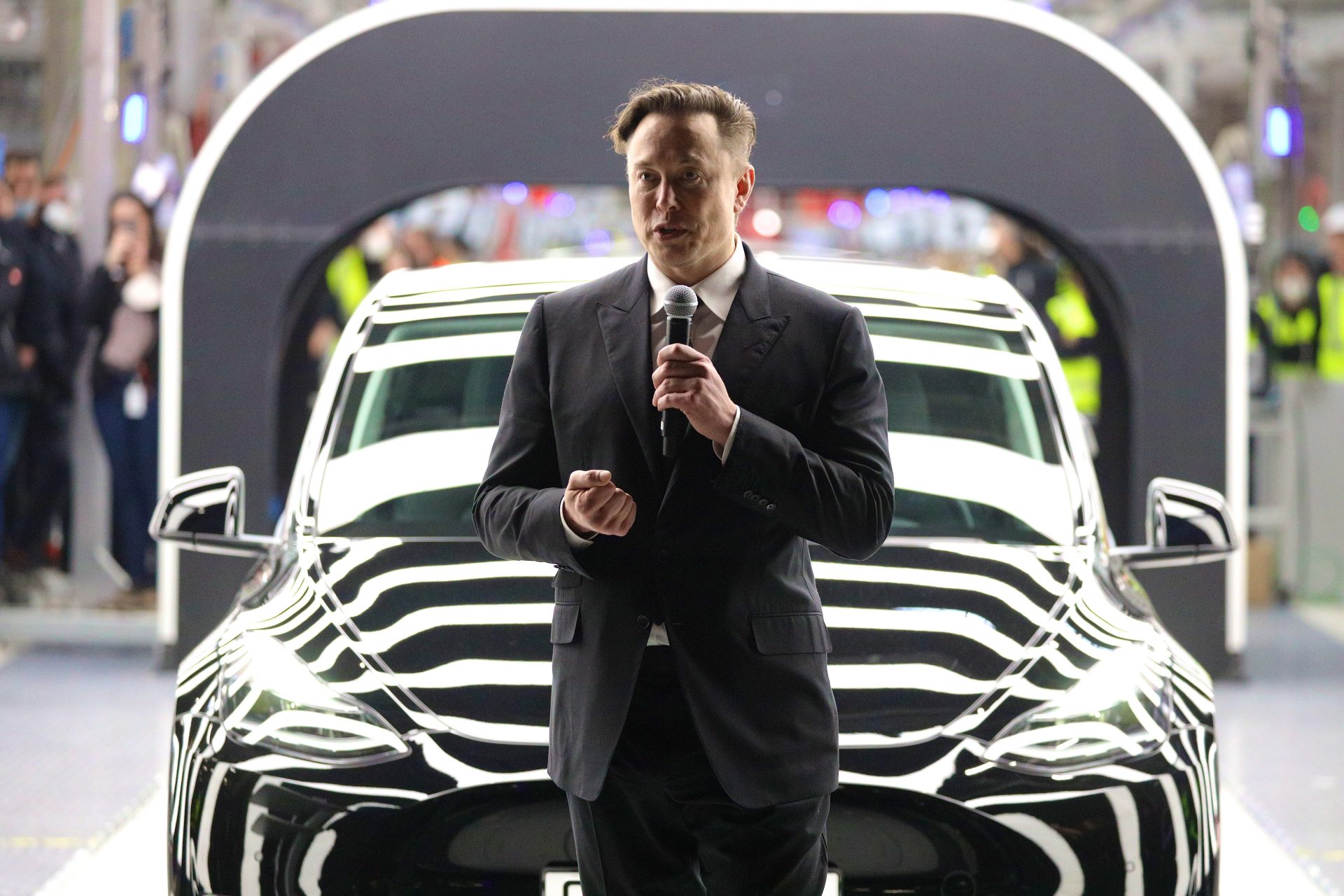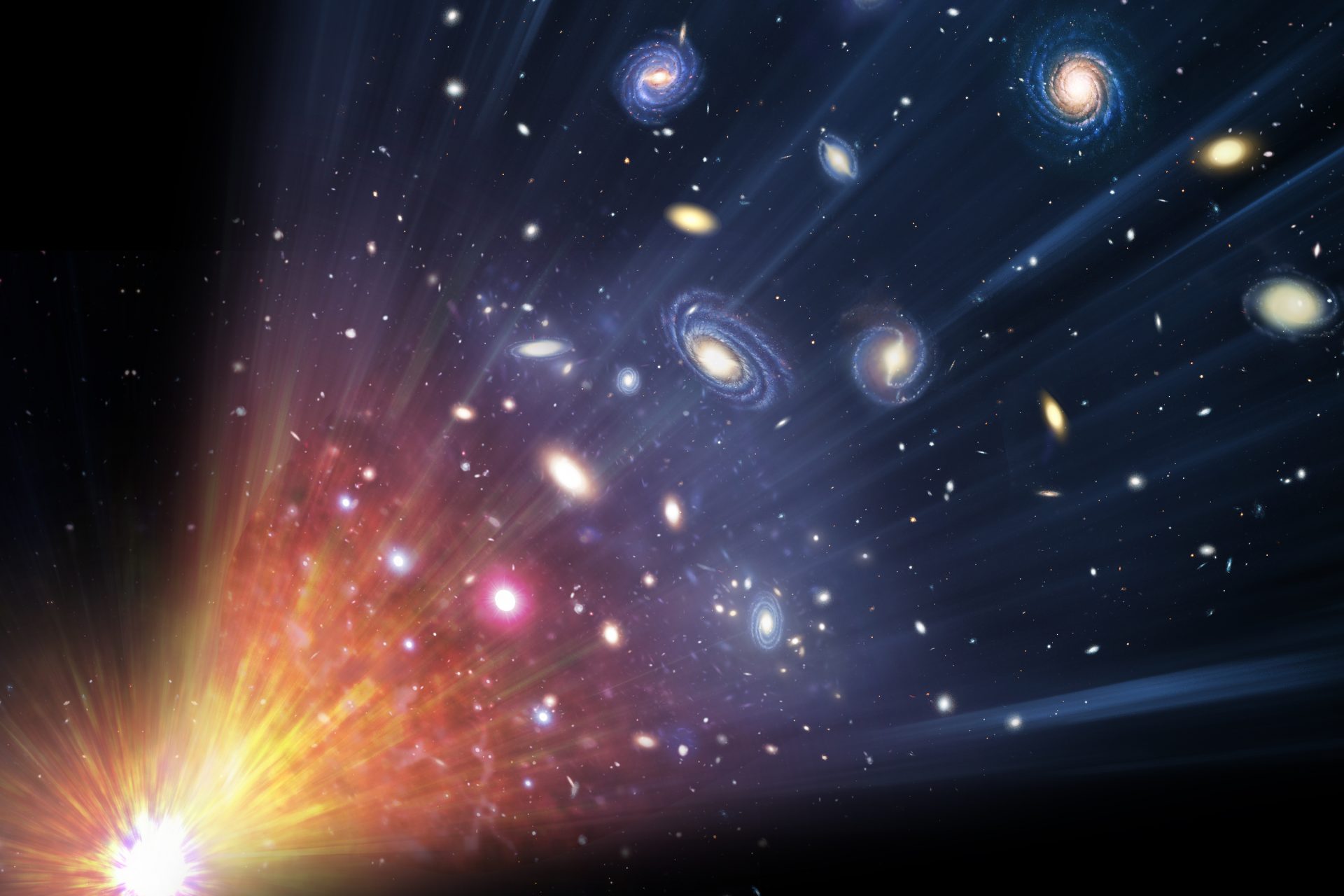Is reality just a simulation? Some scientists think so
The movie ‘The Matrix’ popularized the idea that our universe is simulated. But, is it? You take the blue pill, you close this browser and believe whatever you want to believe. You take the red pill, you go through this gallery and it’ll show you how deep the rabbit hole goes.
French philosopher René Descartes said: “I think, therefore I am”, expressing that we could only be aware of our own consciousness, not knowing if a world outside our minds is real.
But in the present day, one popular argument for the simulation hypothesis came from Oxford University’s Nick Bostrom in 2003 who suggested that members of an advanced “posthuman” civilization with vast computing power might choose to run simulations of their ancestors in the universe.
Similarly, Rizwan Virk, founder of the Massachusetts Institute of Technology’s PlayLabs program and author of "The Simulation Hypothesis," is among those who take the simulation theory seriously.
In his book, Virk recalls playing a virtual reality game so realistic that he forgot that he was in an empty room with a headset on. That led him to wonder: Are we sure we aren’t embedded within a world created by beings more technologically savvy than ourselves?
That question also makes sense to Rich Terrile, a computer scientist at NASA’s Jet Propulsion Laboratory in Pasadena, California, who argues that the ability to model sentient beings could soon be within our grasp.
“We are within a generation of being those gods who create those universes,” Terrile said in 2019, according to ‘The Guardian’. A few years later, tech experts are already discussing the possibility of AI becoming conscious and the ethical implications that could entail.
But besides the huge advances in technology that we’ve made in recent years and the not-so-far-fetch idea of being able to simulate a human brain, what other evidence is there that we could be living in a Matrix-like simulation?
Rizwan Virk, computer scientist and video game designer said in an interview with ‘Vox’ that a piece of evidence that points to this world being a simulation is the fact that all physical objects can be reduced to particles, much like pixels that compose an image.
Virk mentioned physicist John Wheeler, one of the last scientists to work with Einstein who came up with the phrase “it for bit”, meaning that anything we see as physical is really the result of bits of information.
Although Wheeler didn’t live to see quantum computers, Virk considers his theory fitting. “If the world isn’t really physical but based on information, then a simpler explanation might in fact be that we are in a simulation that is generated based on computer science and information”, he said.
Similarly, NASA’s computer scientist Rich Terrile said that “quite frankly, if we are not living in a simulation, it is an extraordinarily unlikely circumstance,” ‘The Guardian’ reported.
“If one progresses at the current rate of technology a few decades into the future, very quickly we will be a society where there are artificial entities living in simulations that are much more abundant than human beings,” Terrile said.
Photo : Gerd Altmann / Pixabay
“If in the future there are more digital people living in simulated environments than there are today, then what is to say we are not part of that already?,” the computer scientist asked.
There is also a group of Silicon Valley tech experts who have taken an interest in ‘the simulation hypothesis’, such as Tesla’s creator Elon Musk, who has said that there’s “a billion to one chance we’re living in base reality,” according to ‘The Guardian’.
In fact, Sam Altman, CEO of Open AI, told The New Yorker in 2016 that two tech billionaires were “secretly engaging scientists to work on breaking us out of the simulation.”
Rich tech guys and scientists theories aside, there are several online forums, such as Reddit that are flooded with people’s testimonies of what they call “a glitch in the Matrix”; surreal experiences that have made them believe they are actually living in a simulated world.
But of course, there are experts that are more skeptical about the simulation theory. “Is it logically possible that we are in a simulation? Yes. Are we probably in a simulation? I would say no,” said Max Tegmark, a professor of physics at MIT to ‘The Guardian’.
Others, like Harvard theoretical physicist Lisa Randall say there’s no “real evidence” that points to our world being a simulation. But one thing most experts can agree on is the fact that there are still lots of mysteries in the physical world and a lot we don’t understand about our reality.
More for you
Top Stories



